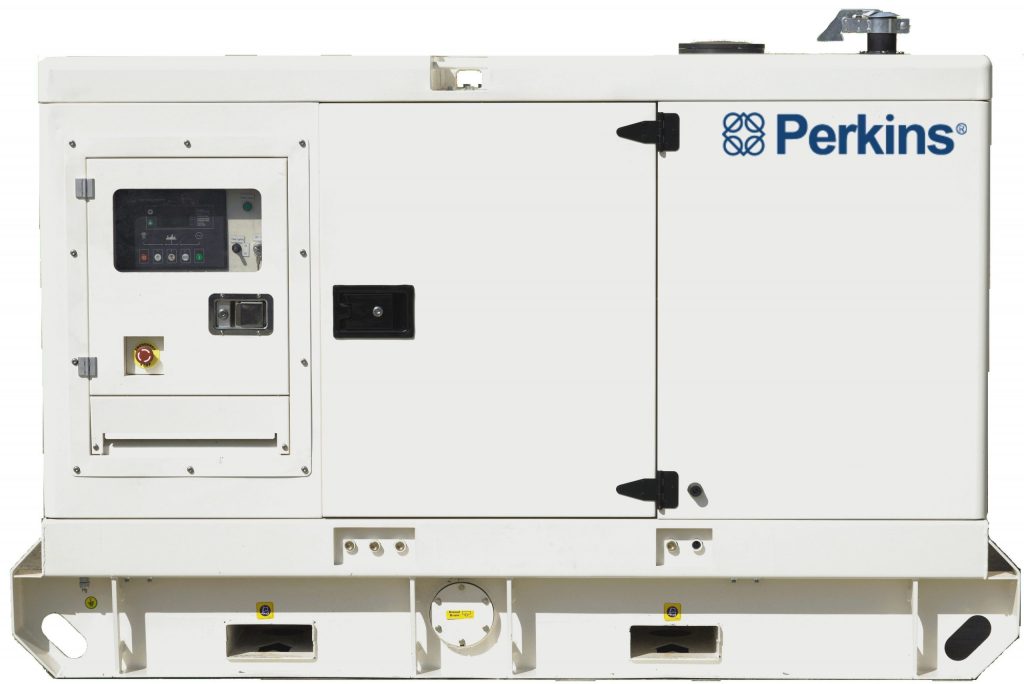- EN

Gas generators and diesel generators are two common types of power generators that use different fuel sources to produce electricity. Here’s an overview of each:
Gas Generators:
Fuel Source: Gas generators, also known as natural gas or propane generators, utilize natural gas or propane as their primary fuel source. Natural gas is often supplied through pipelines, while propane is stored in tanks.
Combustion Process: The generator’s engine combusts the natural gas or propane to produce high-temperature, high-pressure gases. This combustion drives a piston or turbine, converting the chemical energy in the fuel into mechanical energy.
Power Output: The mechanical energy is then used to turn a generator, converting it into electrical energy. Gas generators typically produce alternating current (AC), which can be used to power electrical devices.
Advantages:
Generally cleaner-burning compared to diesel, resulting in lower emissions.
Natural gas is often more readily available through pipelines.
Suitable for continuous use in stationary applications.
Applications: Gas generators are commonly used for standby power in residential settings, commercial buildings, and industrial facilities. They are also employed in distributed power generation and combined heat and power (CHP) systems.
Diesel Generators:
Fuel Source: Diesel generators use diesel fuel as their primary energy source. Diesel is stored in a tank on-site, and the generator draws from this fuel source during operation.
Combustion Process: Diesel generators employ an internal combustion engine that ignites diesel fuel in a combustion chamber. The resulting high-pressure gases drive a piston, creating mechanical energy.
Power Output: The mechanical energy is then converted into electrical energy through a generator, typically producing alternating current (AC).
Advantages:
Diesel generators are generally more fuel-efficient and have a higher energy density than gas generators.
Suitable for applications with varying load requirements and can handle high-demand situations effectively.
Applications: Diesel generators are widely used in various settings, including construction sites, remote locations, emergency backup systems, and as prime power sources in off-grid areas. They are often preferred for applications requiring higher power outputs or extended periods of continuous operation.
Considerations:
Emissions: Gas generators are generally considered more environmentally friendly due to lower emissions. Diesel generators may produce more nitrogen oxide and particulate matter.
Fuel Storage: Gas generators rely on a constant natural gas supply or propane tank, while diesel generators store fuel on-site.
Cost: The initial cost, operational costs, and fuel costs can vary between gas and diesel generators based on factors such as fuel prices and generator size.
Ultimately, the choice between a gas and diesel generator depends on factors such as fuel availability, emission regulations, and specific power requirements for a given application.
Here is a list of well-known generator brands:
Honda, Generac, Cummins, Caterpillar (Cat), Kohler, Yamaha, Briggs & Stratton, Wacker Neuson, Atlas Copco, Champion Power Equipment, Perkins and others.
We as PJ Global company, is available for your needs to check your needs in details and supply the proper cost-effective solution for your plants.
SUADİYE MAH. BAĞDAT CAD. A NO: 399 B KADIKÖY/
İSTANBUL/ TURKEY
Postal code: 34740

Accreditations & Awards
Privacy Policy
Terms & Conditions
LEAVE YOUR EMAIL
Get Free Support
Leave Your Email and get detailed information about our products.
